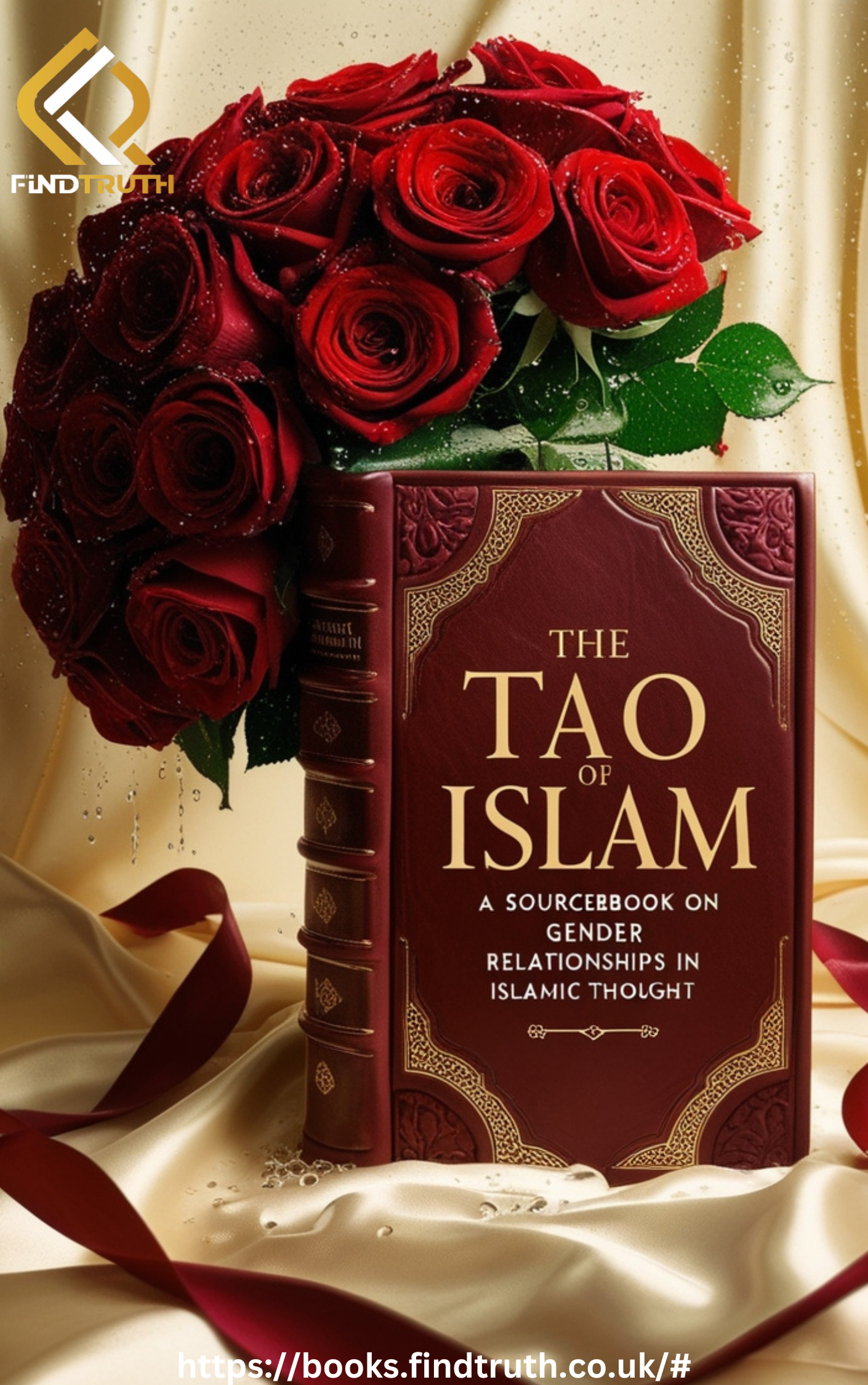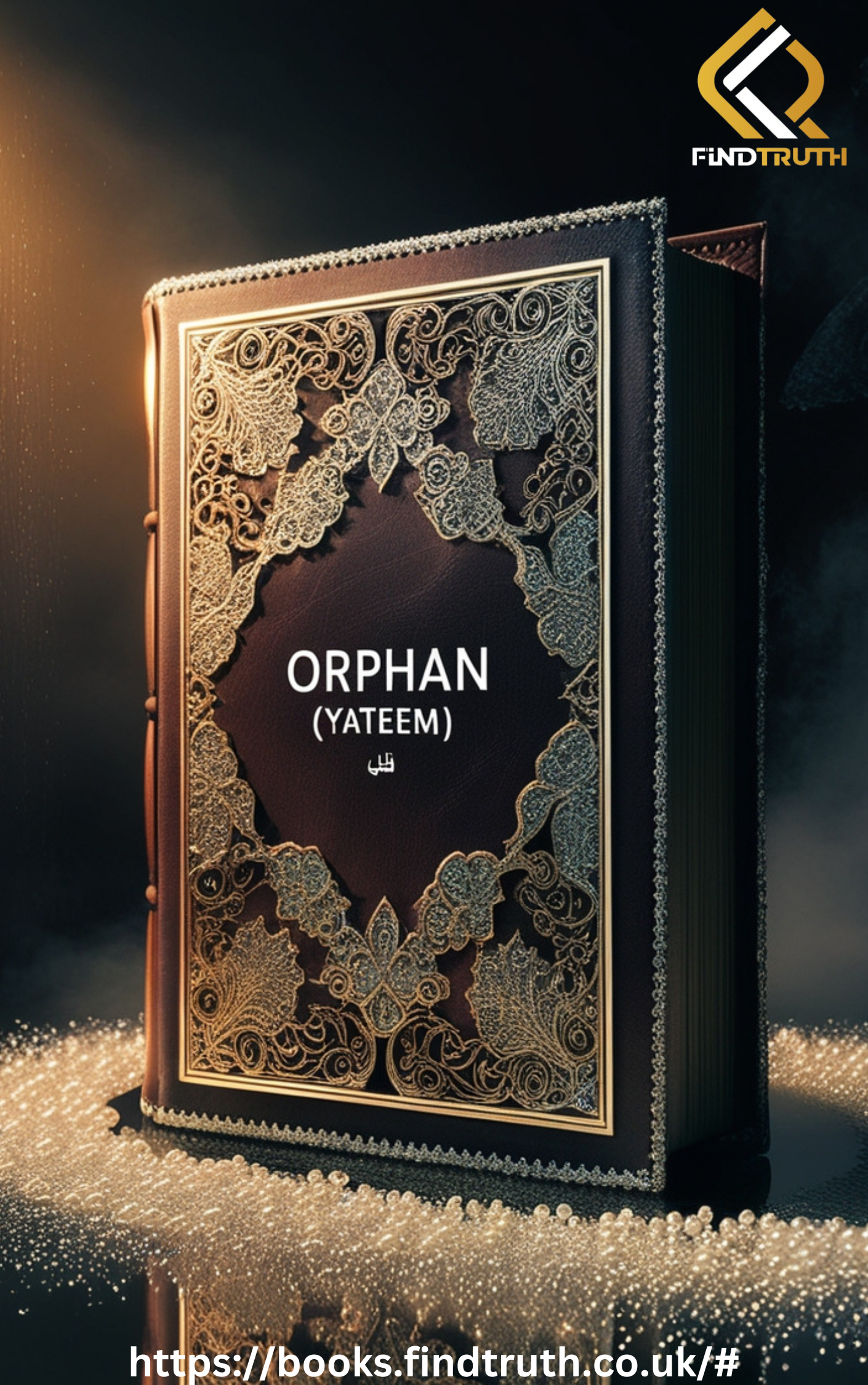Book Review The Tao of Islam: A Sourcebook on Gender Relationships in Islamic Thought
"The Tao of Islam: A Sourcebook on Gender Relationships in Islamic Thought" is a groundbreaking work that examines the multifaceted nature of gender relationships as articulated within Islamic teachings. The book presents a collection of texts and interpretations that highlight the balance between masculine and feminine roles in society, drawing from historical, theological, and sociocultural perspectives.
The author delves into the nuances of Islamic thought regarding gender, offering insights into how spiritual, ethical, and social dimensions intertwine. The sourcebook features contributions from various scholars and thinkers, showcasing a rich tapestry of ideas that challenge stereotypical notions about gender roles in Islam. It emphasizes the importance of understanding gender dynamics through the lens of Islamic spirituality, advocating for a more equitable approach to gender relationships.
By engaging with classical texts and contemporary discussions, the book serves as a valuable resource for scholars, students, and anyone interested in the complexities of gender within the Islamic tradition. It encourages readers to reflect on their own understandings of gender and spirituality, fostering a deeper appreciation for the diversity of thought within Islamic culture.











